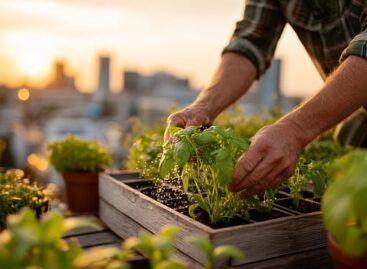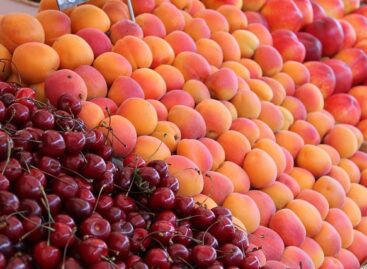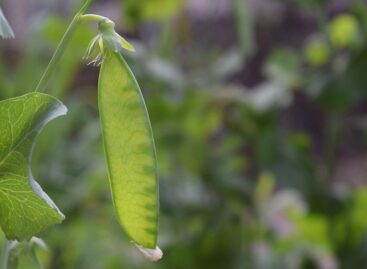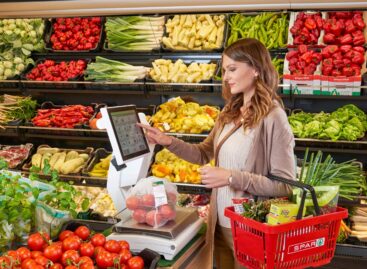Producers’ alliance launched for domestic vegetables
Hungarian vegetable producers aim to have a larger proportion of Hungarian products on the shelves of domestic stores again, it was revealed at the DélKertÉSZ press event in Szentes. Although the Hungarian season is able to serve the market with fresh peppers and tomatoes from April to October, import pressure – mainly through goods from outside the EU, such as North African peppers – is still strong. According to the producers, domestic goods not only have a better ecological footprint, but are also fresher and tastier – but they are still at a disadvantage, due to EU regulations and the uncompetitive VAT rate, among other things.
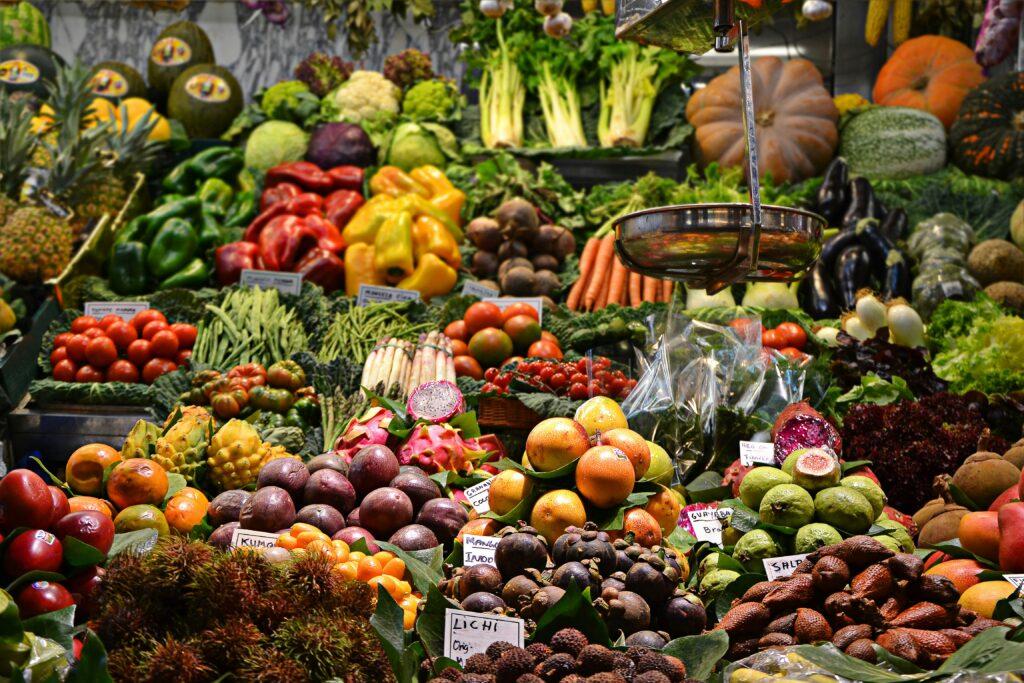 According to Ferenc Apáti, president of FruitVeB, self-sufficiency in the fruit and vegetable sector is constantly decreasing. The previous annual production of 2 million tons is expected to decrease to 1.6-1.8 million tons this year, while exports have declined and consumption has slightly increased – and the difference is being filled by imports. This year’s fruit crops are also expected to suffer a 90% crop loss due to frost damage, which further strengthens the dependence on external sources.
According to Ferenc Apáti, president of FruitVeB, self-sufficiency in the fruit and vegetable sector is constantly decreasing. The previous annual production of 2 million tons is expected to decrease to 1.6-1.8 million tons this year, while exports have declined and consumption has slightly increased – and the difference is being filled by imports. This year’s fruit crops are also expected to suffer a 90% crop loss due to frost damage, which further strengthens the dependence on external sources.
Sándor Nagypéter, president of DélKertÉSZ, emphasized that it is not an impossible goal to have at least 80% of Hungarian peppers and tomatoes on the shelves during the season. However, this would require that customers be able to clearly identify Hungarian products – for example, on separate shelves or with clear markings, as is already the practice in Austria or Germany.
One of the biggest problems remains the competitive disadvantage. While EU producers are subject to strict environmental and labor regulations, products from outside the EU are subject to much more lenient rules. In addition, in Hungary, the VAT on vegetables is 27%, while in neighboring countries it is typically 5–10%, which results in a noticeable difference in consumer prices and also provides room for VAT fraud.
Meanwhile, producers are constantly developing: in several greenhouses in Szentes, nearly 80% of fossil energy has already been replaced with renewable sources, biological plant protection is used, and artificial intelligence is also being tested to optimize climate control and irrigation. The new, 10,000 square meter logistics hall has significantly improved service efficiency.
DélKertÉSZ aims to deliver its products directly to consumers: in June, its own webshop was launched, and the Szentes sample store was also opened. The goal is to ensure that sustainably and locally produced Hungarian vegetables once again have a worthy place on the tables of domestic consumers.
Related news
Frost damage devastated last year’s fruit crop
🎧 Hallgasd a cikket: Lejátszás Szünet Folytatás Leállítás Nyelv: Auto…
Read more >Related news
MBH Analysis Center: The Hungarian economy may accelerate again in 2026, but the Iranian war carries serious risks
🎧 Hallgasd a cikket: Lejátszás Szünet Folytatás Leállítás Nyelv: Auto…
Read more >SPAR is preparing for an Easter rush: it is filling its stores with 570 tons of smoked meat products
🎧 Hallgasd a cikket: Lejátszás Szünet Folytatás Leállítás Nyelv: Auto…
Read more >Focus on the domestic fishing sector at SIRHA Budapest
🎧 Hallgasd a cikket: Lejátszás Szünet Folytatás Leállítás Nyelv: Auto…
Read more >


